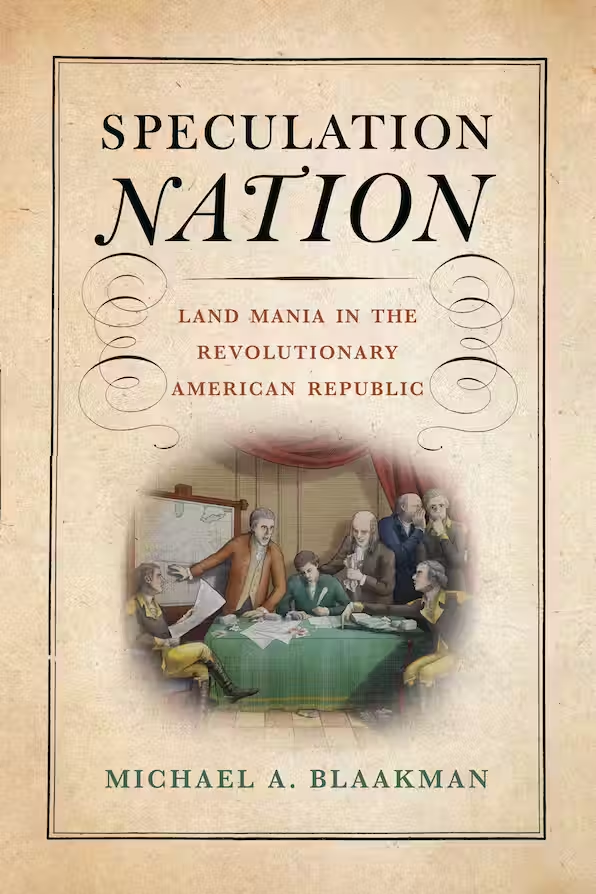The United States was born in debt and swaddled in fiat currency. Both in Congress and in the thirteen states, patriot officials funded their war for independence by printing endless reams of paper money, which quickly depreciated in value, and by borrowing vast sums from voluntary and involuntary creditors alike: domestic elites, foreign merchants, European powers, Americans whose property was seized for the use of the army, and soldiers whose promised pay was persistently delayed. The nation’s debts to Continental soldiers carried particular moral potency, but all its outstanding IOUs were linked to patriot dignity and national honor. To continue borrowing, moreover, interest needed to be paid reliably. The principal, most thought, eventually needed to be paid down. And the work of getting new governments up and running only required further expenditures. Since the fires of revolution had been sparked amid tax protests, it was unlikely that taxation could foot the whole bill.
But patriots believed there was plenty of available land, and during the Revolutionary War, growing numbers of them saw it as an obvious remedy for their fiscal woes. In fact, some discerned a connection between expropriated land and public finance even before independence was declared. In early 1776 Thomas Paine cast North America’s vast extent of “unoccupied” land as one of the colonies’ greatest advantages in their military contest with the mother country. Rather than “being lavished by the king on his worthless dependents,” Paine wrote, American lands could be “applied, not only to the discharge of the present debt, but to the constant support of government.” Lands that once would have been freely granted to political insiders could instead be sold for public ends. “No nation under heaven hath such an advantage as this,” Paine gushed. Ignoring as he did the powerful Native nations who owned and controlled the land he referenced, his point could make a decade’s worth of controversial taxes on imported British goods seem downright ridiculous. The source of an American revenue had been beneath parliamentary noses all along.
